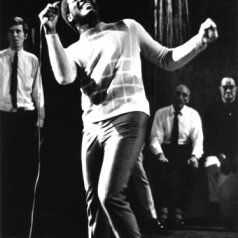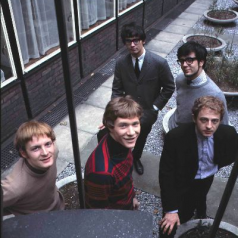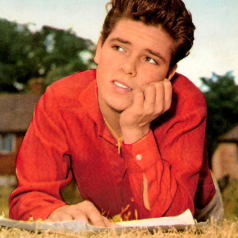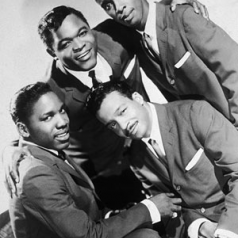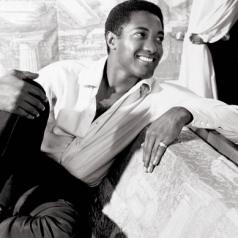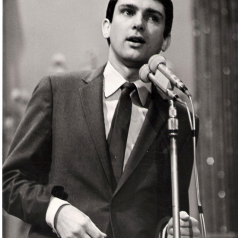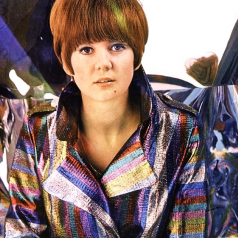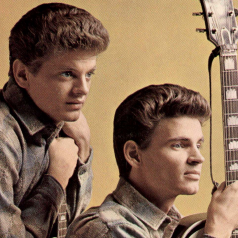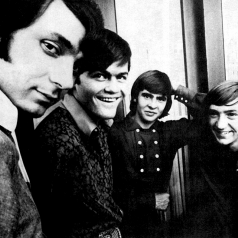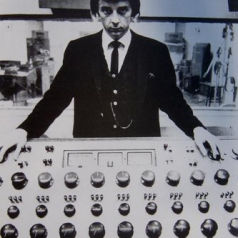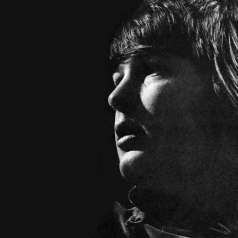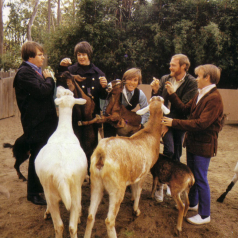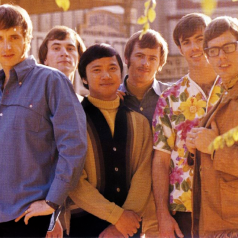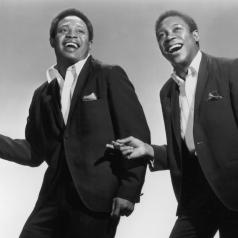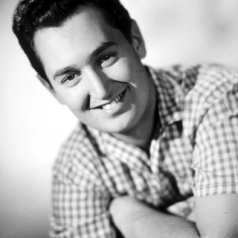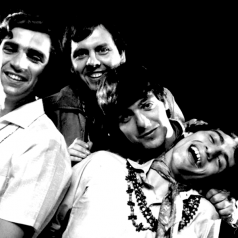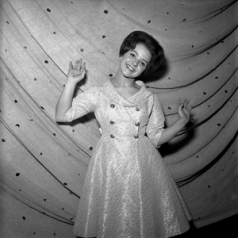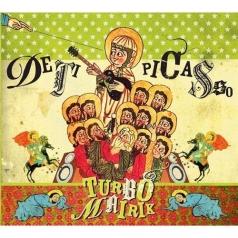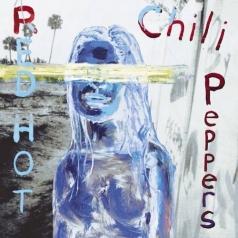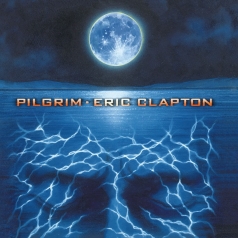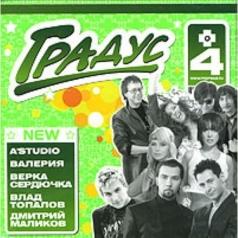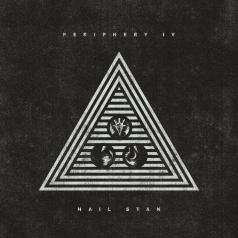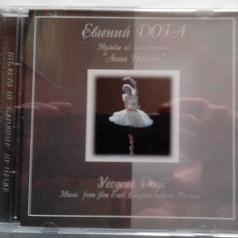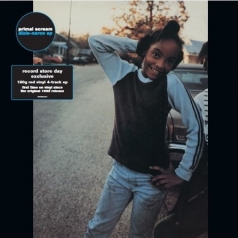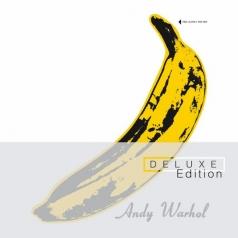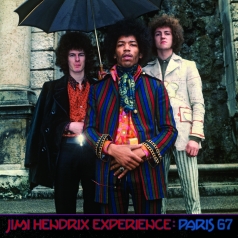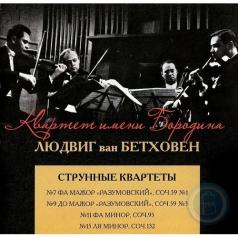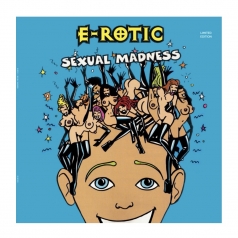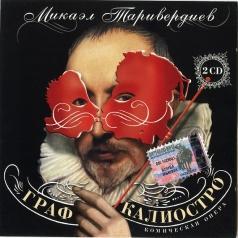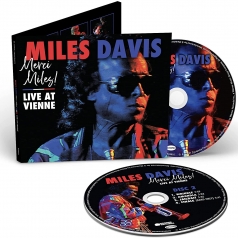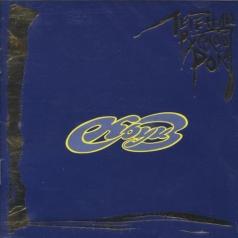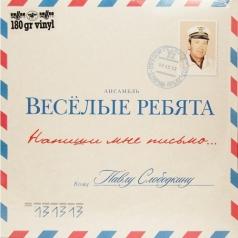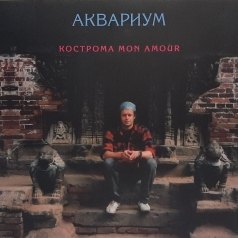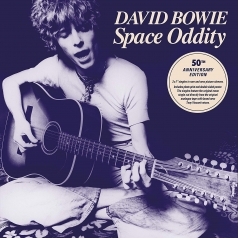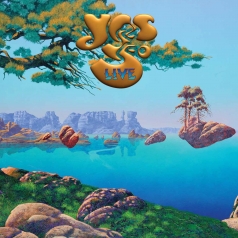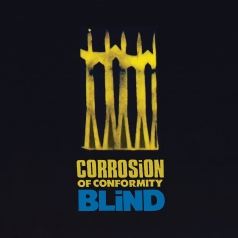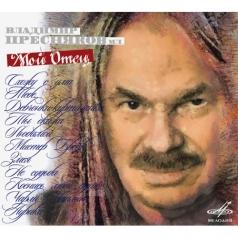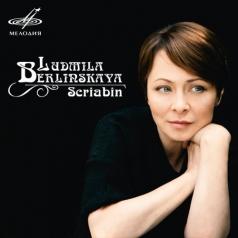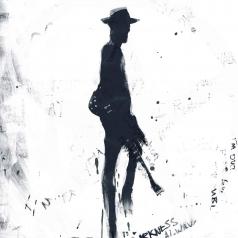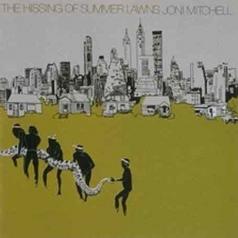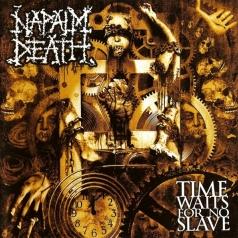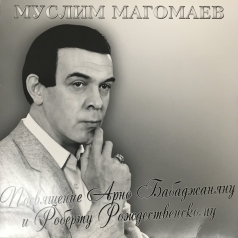- Главная
- /
- The Crystals
The Crystals
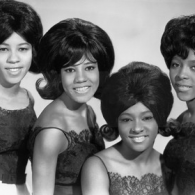
Купить The Crystals (Кристалз) на виниловых пластинках
The Crystals are a New York City singing group and are considered one of the defining acts of the girl group era of the first half of the 1960s. Their 1961—1964 chart hits — including "Uptown", "He's A Rebel", "Da Doo Ron Ron (When He Walked Me Home)" and "Then He Kissed Me" — featured three successive female lead singers and were all produced by Phil Spector. Formation and signing to Philles In the early 1960s, Barbara Alston, Mary Thomas, Dolores "Dee Dee" Kenniebrew, Myrna Girard and Patricia "Patsy" Wright formed The Crystals through the help of Benny Wells, Barbara's uncle. Soon, the quintet signed with Phil Spector's label Philles Records. By default, Spector chose Alston to be the group's lead singer, which made her uncomfortable since she had a fear of singing in front of audiences. Their first hit was 1961's "There's No Other (Like My Baby)" (see 1961 in music). Originally the B-side to "Oh Yeah, Maybe Baby" (featuring Wright on lead), the wistful gospel-pop ballad (co-written by Spector and Leroy Bates, with Barbara Alston on vocals) reached number 20 in the Billboard chart, registering as an auspicious debut for Spector's Phillies label. Brill Building songwriters Barry Mann and Cynthia Weil's "Uptown" gave the girls their second radio hit. Ethnically flavoured with flamenco guitar and castanets, the more uptempo "Uptown" featured Alston once again emoting convincingly over a boy, though this time with class issues woven into the story. After the success of "Uptown", a pregnant Girard was replaced by Dolores "LaLa" Brooks. The touchy subject matter of the next single — 1962's "He Hit Me (And It Felt Like a Kiss)" (written by Carole King and Gerry Goffin and sung by Alston) — resulted in limited airplay, never reaching Billboard's Hot 100. The track enjoys a cult following. The "Replacement" Crystals Soon after "He Hit Me" flopped, Phil Spector began recording singer Darlene Love and her backing group The Blossoms under the name "The Crystals". Legend has it that the real Crystals were not able to travel from New York to Los Angeles fast enough to suit the LA-based Spector, who wanted to quickly record writer Gene Pitney's "He's a Rebel" before anyone else could release a version. The Crystals were unavailable, but Love and the Blossoms were also based in L.A., so Spector recorded and released their version under The Crystals' banner. (Other sources claim that Spector's haste in recording the track was simply because he was enthusastic about the song, and that he was unaware of any competing versions—despite the fact that Vikki Carr was recording "He's a Rebel" nearly simultaneously with Spector.) The song ("He's a Rebel") had originally been offered to The Shirelles, who turned it down because of the anti-establishment lyrics. It marked a shift in girl group thematic material, where the singer loves a "bad boy", a theme that would be amplified by later groups (especially The Shangri-Las' "Leader of the Pack"). "He's a Rebel" is perhaps the Crystals' best-remembered song, and one of the most enduring of the girl group genre. It was also their only US #1 hit. Their follow-up single, "He's Sure the Boy I Love", in actuality also featured Love and The Blossoms. It reached #11 on the Billboard chart, and features a classic spoken intro by Darlene Love. The "Let's Dance The Screw" saga The next single credited to The Crystals is one of the rarest—and also possibly the strangest—in rock music history. Reports vary as to the actual motivation behind the recording, but most agree that Phil Spector was looking for a way to annoy former business partner Lester Sill. What he came up with was a nearly six-minute song called "Let's Dance The Screw - Part I", which would have been unplayable on 1963 radio. The record featured simple instrumentation (very much unlike Spector's famous Wall of Sound production style), repetitive lyrics, and Spector himself intoning the lyric "Dance The Screw" numerous times in a deadpan monotone. (The B-side, Part II, was more of the same but played much more slowly.) The Crystals sang the song's repetitive verses, though it is unclear if these singers were the 'real' Crystals or The Blossoms. Incidentally, some accounts mention that Spector's lawyer is actually the man intoning "Dance The Screw." The recording was never released commercially as a single, and only a few copies are known to exist (all marked "D.J. COPY - NOT FOR SALE"). The record was apparently only created to be a bizarre sort of joke at Sill's expense, who was soon to leave the Philles label, as a single copy was specially delivered to him in early 1963. Both parts of the song have since been released on CD. Further information about this strange recording can be found at snopes.com The "Real" Crystals return "Da Doo Ron Ron" The 1963 hit, "Da Doo Ron Ron" and "Then He Kissed Me" were both penned by Phil Spector with Jeff Barry and Ellie Greenwich. Problems listening to this file? See media help. Though it is unclear as to the level of their participation in "Let's Dance The Screw", the 'real' Crystals definitely began recording again under their own name in 1963. However, Thomas had departed to get married, only to join another mildly successful group, The Butterflys, along with another original Crystal, Myrna Girard. This reduced the group to a quartet with Barbara Alston on lead. Alston, known for her shyness and stage fright, was never comfortable with being out front, stepped down from the lead spot giving it to Brooks. According to Brooks, she had been doing Alston's leads in their live shows for a while. After "Let's Dance The Screw", the group's next release was the classic "Da Doo Ron Ron". According to Darlene Love, the track was originally recorded by The Blossoms, with Love on lead vocal. Prior to release, Spector erased Love's lead vocal and replaced it with a vocal by LaLa Brooks, although he kept the Blossoms' backing vocals in place. Cher also featured on backing vocals. Allegedly, Spector erased Love's lead vocal after she had asked for a contract instead of simply receiving session fees. The song was a top 10 hit in both the US and the UK, as was the follow-up single "Then He Kissed Me", the first Crystals single since "He Hit Me" to feature all members of the Crystals as a definite group. Mounting tension and break-up Despite the steady flow of hit singles, tensions between Spector and the Crystals mounted. Already unhappy with having been replaced by Love and the Blossoms on two singles, The Crystals were even more upset when in 1964, Spector began focusing much of his time on his other girl group The Ronettes. As well, there were disputes about royalties, with The Crystals feeling that Spector was withholding royalty money that was owed to them. Two failed Crystals singles followed before the band left Spector's Philles Records for United Artists Records later in 1964. "Little Boy", which reached #92, was a Wall Of Sound production that was layered multiple times, which meant that the vocals were hard to distinguish from the music. "All Grown Up,", their final Philles single, (of which two versions exist) only reached #98. 1964 also saw the departure of Wright who was replaced by Frances Collins, a dancer who they had met while touring; toward the end of that year Alston departed leaving the group a trio. As a trio, they recorded two singles for United Artists, "My Place" and "You Can't Tie a Good Girl Down". One more single was released by Barbara, Dee Dee and Mary on the tiny Michelle Records in 1967 ("Ring-a-Ting-a-Ling") and they disbanded in 1967 (see 1967 in music). They reunited in 1971 (see 1971 in music) and still perform today. Kenniebrew is the only original Crystal who remained active throughout their touring from the seventies to the present. Dee Dee carries on The Crystals legacy by performing with Patricia Pritchett-Lewis (Member since 2005) and Melissa MelSoulTree Antoinette (Member since 2002). Read more on Last.fm. User-contributed text is available under the Creative Commons By-SA License; additional terms may apply.

